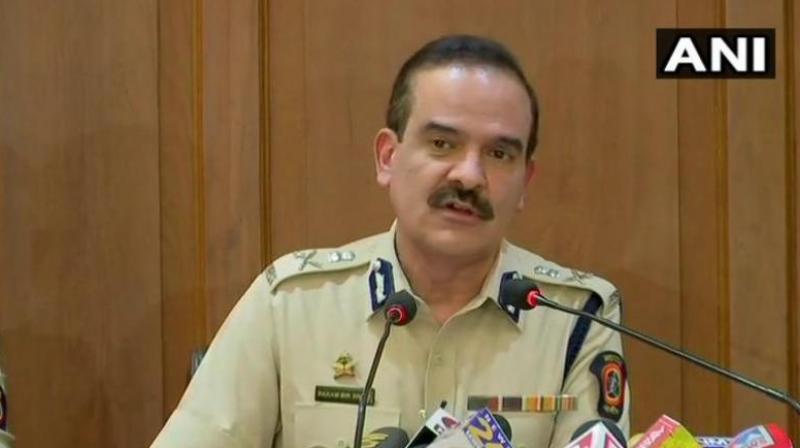Police press meets can threaten a defendant's right to a fair trial

On September 3, the Bombay high court asked why Maharashtra’s additional director general (law and order), Parambir Singh, held a press conference on August 31 to disclose evidence against persons facing trial in a court of law. Five respected civil rights activists were arrested on August 28 in connection with acts of violence in Bhima Koregaon in January.
In June, the Pune police had arrested five others in the same case. Almost three months later came the arrests of five more — all persons of repute. Their houses were raided and papers were seized. The Supreme Court ordered them to be put under house arrest.
Three days later, the police decided to respond with an improper disclosure of the evidence it would present in court. The arrested persons are alleged to be sympathisers of the banned Communist Party of India (Maoist), popularly called Naxalites. ADG Singh said that the police needed the activists in custody to confront them with the seized letters. He read out some of them at the press conference.
The high court rightly said that “the matter is sub judice. The Supreme Court is seized of the matter”. This constitutes contempt of court. The limit had been systematically crossed for long, and the courts did nothing to check the breaches.
The Bombay high court itself erred in condoning a grave breach. On the morning of June 27, 1970, the Bombay police arrested Prof Jagdamba Prasad Dixit, who had taught Hindi at St Xavier’s College in Mumbai for 14 years, along with some others, for alleged “Naxalite activities”. A magistrate remanded him into custody that day until July 6. On June 29, the deputy commissioner of police, Greater Bombay, held a press conference at his office, brandished documents and made comments on the persons arrested.
On July 8, while a bail application of the suspects were still pending in court, the same police official held another press conference and also gave a press interview on July 9, the day a bail application was to be heard by the high court. It was granted. The court observed that the material collected did not show “reasonable grounds” to suggest Dixit’s involvements in the offences. On August 31, the police itself applied for his discharge in the case.
Dixit did not cite the editors of the papers that had published the reports. But that does not absolve the person who made the comments. The police contended that its statements at the press conference were based on the remand application.
On February 15, 1971, justices Palekar and S.K. Desai held that there was therefore “no attempt on the part of the respondent to interfere with the course of justice and that the press conferences were not held with a view to influence the decision in the judicial tribunals. The respondent cannot be deemed to be responsible without further proof for all that has been published in the press pertaining to the two alleged press conferences.
“As far as the holding of ‘press conferences’ is concerned, we are of the opinion that in the special background of this matter there was an occasion on which it would be proper for the police or other state authorities to give certain information to the press. We are finally of the opinion that although this may result perhaps in some detriment to the accused persons in the public eye, this has to be balanced against the duty to the public and requirements of the public interest; and after balancing the same we are of the opinion that no contempt of court would be involved.”
The judgment was wrong on all the points. In law, the intention of the contemnor is not relevant. The official’s responsibility is based on what he said. He did not deny the press conference. The “special background” of a particular case does not alter the law.
A press conference by the police prejudices the public against the persons arrested. The court itself held that “there is, however, some substance in the contention that by these reports the applicant and the other accused were condemned in the eyes of the public and that there was a trial in the public held much before the actual trial”.
The test is “a tendency to prejudice the public”. Press conferences held by the police have that tendency. As for informing the public, a factual press note — shorn of comment — should suffice. This erroneous judgment gave carte blanche to the police. It should be overruled now.
By arrangement with Dawn
B09

